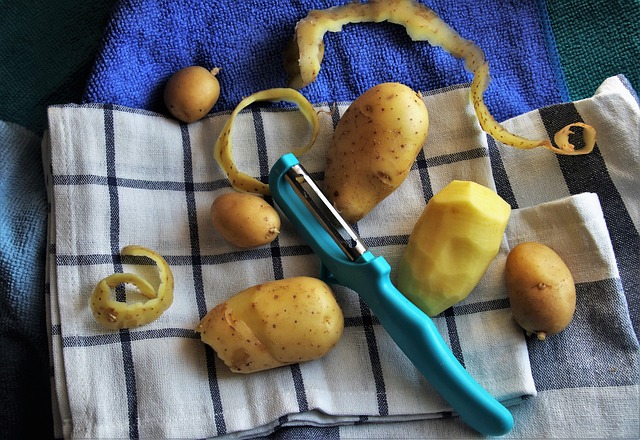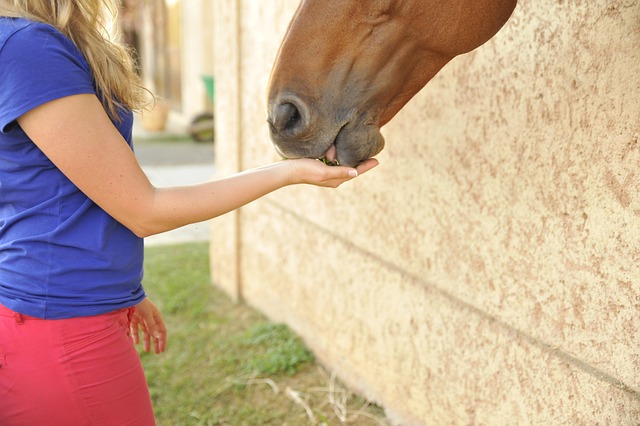What is Bedwetting (Nocturnal Enuresis)?
Bedwetting, clinically known as nocturnal enuresis, means involuntary urination while asleep beyond the age bladder control is typically expected (often around 5-7 years). It's a common developmental phase – affecting up to 15% of 5-year-olds, with rates decreasing as children get older. Crucially, it's almost never the child's fault, requires patience, and often resolves naturally over time.
There are two main types: Primary enuresis occurs when a child has never consistently stayed dry overnight. Secondary enuresis is when a child starts wetting the bed again after being dry for at least six months. Identifying the type helps tailor the right support strategy.
Common Causes of Bedwetting

Various factors can contribute to nighttime wetting, often working in combination:
- Smaller functional bladder capacity: The bladder might not comfortably hold the amount of urine produced overnight.
- Hormonal regulation: Slower development of the nighttime release of vasopressin (antidiuretic hormone), which normally signals the kidneys to produce less urine during sleep.
- Delayed neurological development: The brain-bladder communication pathway needed to signal a full bladder and wake up might still be maturing.
- Genetics: A significant family history of bedwetting often plays a role.
- Deep sleep patterns: Some children sleep so soundly they don't easily rouse to the sensation of a full bladder.
- Constipation: A full rectum can press against the bladder, reducing its capacity and potentially irritating it.
- Underlying medical conditions (less common): Such as urinary tract infections (UTIs), diabetes, or sleep apnea.
Practical Tips for Parents

Here are some positive strategies you can implement to help manage bedwetting:
- Adjust fluid intake schedule: Ensure good hydration throughout the day, but gently reduce fluid intake 1-2 hours before bedtime. Focus on *when* they drink, not restricting overall fluids.
- Avoid bladder irritants: Limit caffeine (soda, tea, chocolate) and sugary drinks, especially in the evening, as they can increase urine production.
- Establish a consistent bedtime routine: Include two bathroom trips – one at the start of the routine, and one just before lights out ('double voiding').
- Consider a bedwetting alarm: These sensor-based alarms are highly effective for many children, conditioning them to wake up when urination begins.
- Use positive reinforcement: Implement a reward system (like a sticker chart) focusing on effort (e.g., using the toilet before bed, helping change sheets) rather than solely on dry nights.
- Maintain a simple bedwetting diary: Track dry/wet nights, fluid intake, bowel movements, and any potential triggers to identify patterns.
- Simplify cleanup: Use waterproof mattress protectors and have spare bedding readily available to minimize nighttime disruption and stress.
When to Seek Professional Help
While often a developmental issue, consult your pediatrician or a healthcare professional if:
- Your child is still frequently wetting the bed after age 7.
- Bedwetting starts again after a period of being dry for six months or more (secondary enuresis).
- Wetting occurs during the daytime as well.
- Your child experiences pain, burning, or straining during urination.
- Urine looks cloudy or pink, or has a strong, unusual odor.
- Your child complains of excessive thirst or has dramatically increased frequency of urination.
- Your child snores loudly, has pauses in breathing during sleep, or is very sleepy during the day (possible sleep apnea).
- Constipation is a persistent problem.
- The bedwetting is causing significant distress or affecting your child's self-esteem or social life.
Supporting Your Child Emotionally
Bedwetting can feel frustrating and embarrassing for children. Your consistent emotional support is vital. Reassure them frequently that it's common, not their fault, and that you'll work through it together. Absolutely avoid punishment, shaming, or teasing.
Focus on positive communication and teamwork. Instead of "You wet the bed again!", try "Accidents happen, let's get cleaned up. We're working on staying dry, and you're doing a great job trying." Celebrate effort and small victories, like remembering the second bathroom trip or helping change the sheets without fuss.
Resources for Further Reading

For more detailed information and support, consider these resources:
